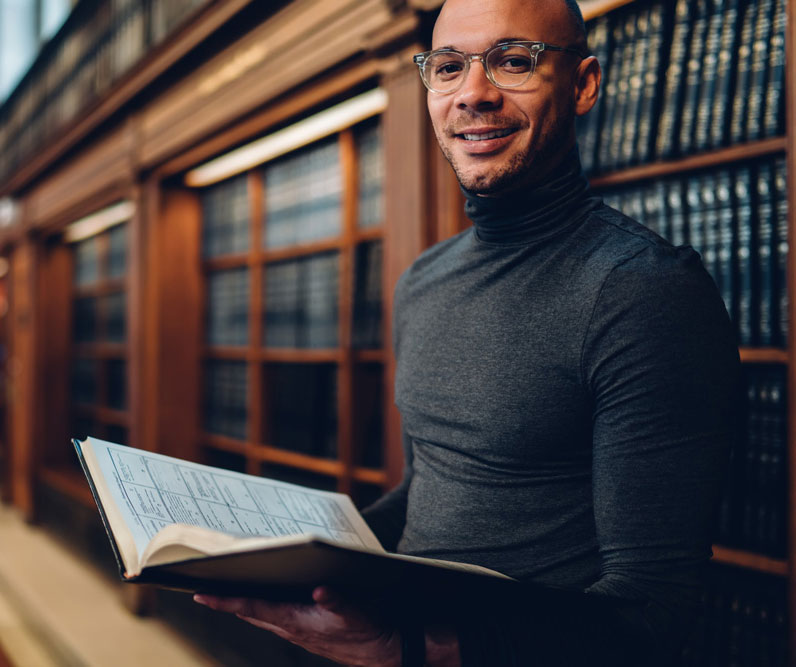In a book called “God and My Father,” Clarence Day recalls his father’s attitude and approach to prayer. He says …
In moments of prayer, when he and God tried to commune with each other, it wasn’t his own shortcomings that were brought on the carpet, but God’s … He expected a great deal of God … It seemed that God spoiled his plans … This aroused his wrath. He would call God’s attention to such things … He didn’t actually accuse God of gross inefficiency, but when he prayed his tone was loud and angry, like that of a dissatisfied guest in a carelessly managed hotel.1
Many of us find it easy to identify with the disciple who came to Jesus and said, “Lord, teach us to pray” (Lk. 11:1). We identify with this disciple because we know prayer is important. But the trouble is we use words and phrases, we go through the motions of praying, but nothing seems to happen.…
To view this resource, log in or sign up for a subscription plan
